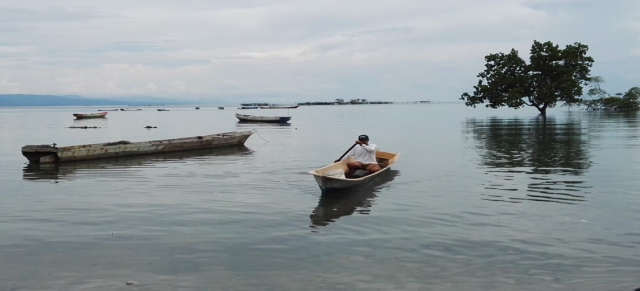Research Background
Many local fisheries resources are overexploited. From a resource economics perspective, fisheries resources are categorized as common pool resources due to high rivalry and low excludability. Without appropriate governance this is predicted to lead to overexploitation. One approach to address common pool resources management failures is to assign property rights to individual or groups in the form of Territorial User Rights for Fishery (TURF). This approach is largely applied around the world.
Objectives
Using a case study (Seribu Islands), we will analyse the relationship between the establishment of property rights and its impact on sustainability outcomes. A TURF is assumed to be more successful if combined with the building up of stewardship, but how are those two issues related? This research wants to develop an assessment tool to better understand the levels of stewardship of the respective stakeholders.
Methodologies
A mixed method approach will be applied. For the analysis of the TURF, Process Tracing and Rapid Impact and Vulnerability Assessment (RIVA) and a household survey will be used. The analysis of stewardship will be based on the Environmental Stewardship Framework that comprises qualitative and quantitative data.
Project Partner |
|---|
| Fish Forever Project, RARE Indonesia |





